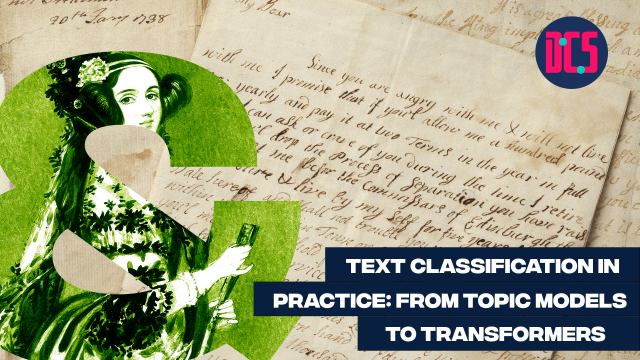Analysing Polarisation in Political Texts

In Person
This workshop will provide a guide to measuring polarisation in political texts.
It is aimed at researchers who are interested in assessing the degree of polarisation of a given group of political actors (a parliament, individual leaders, international organisation representatives...) based on the texts they produce.
The workshop will provide guidance on how to select, prepare and analyse these texts using different measures of polarisation.
The first half of the workshop will be devoted to a brief introduction to polarisation, identifying and uploading suitable texts, and creating datasets. The second half will focus on measuring polarisation, comparing different measurements and visualising the results.
The session will also include a Q&A session where participants can ask questions about different ways to measure polarisation and how to incorporate it into their own research.
The material is modulated on the content of the Summer Institutes in Computational Social Sciences (SICSS) 2024.
This is an intermediate workshop, and the practical side will be conducted using R and RStudio. Some previous knowledge and familiarity with the tool is required. Attendees are expected to be familiar with importing and wrangling data in RStudio and working with different packages.
If you want to review your familiarity with the R interface, you can watch this video. If you want to brush up on the basics of working with R and RStudio, you can sign up for our Introduction to Programming with R and RStudio course.
Those who register will receive an email with full details of how to prepare for the course.
This workshop is taught by Unai Gómez-Hernández.
If you’re new to this training event format, or to CDCS training events in general, read more on what to expect from CDCS training. Here you will also find details of our cancellation and no-show policy, which applies to this event.
Learning Outcomes:
- Become familiar with the concept of polarisation, both in theory and in practice.
- Understand how to select texts to measure polarisation in them.
- Get to know different R packages that help to measure polarisation.
- Be able to measure different forms
Room 4.35, Edinburgh Futures Institute
This room is on Level 4, in the North East side of the building.
When you enter via the level 2 East entrance on Middle Meadow Walk, the room will be on the 4th floor straight ahead.
When you enter via the level 2 North entrance on Lauriston Place underneath the clock tower, the room will be on the 4th floor to your left.
When you enter via the level 0 South entrance on Porters Walk (opposite Tribe Yoga), the room will be on the 4th floor to your right.












